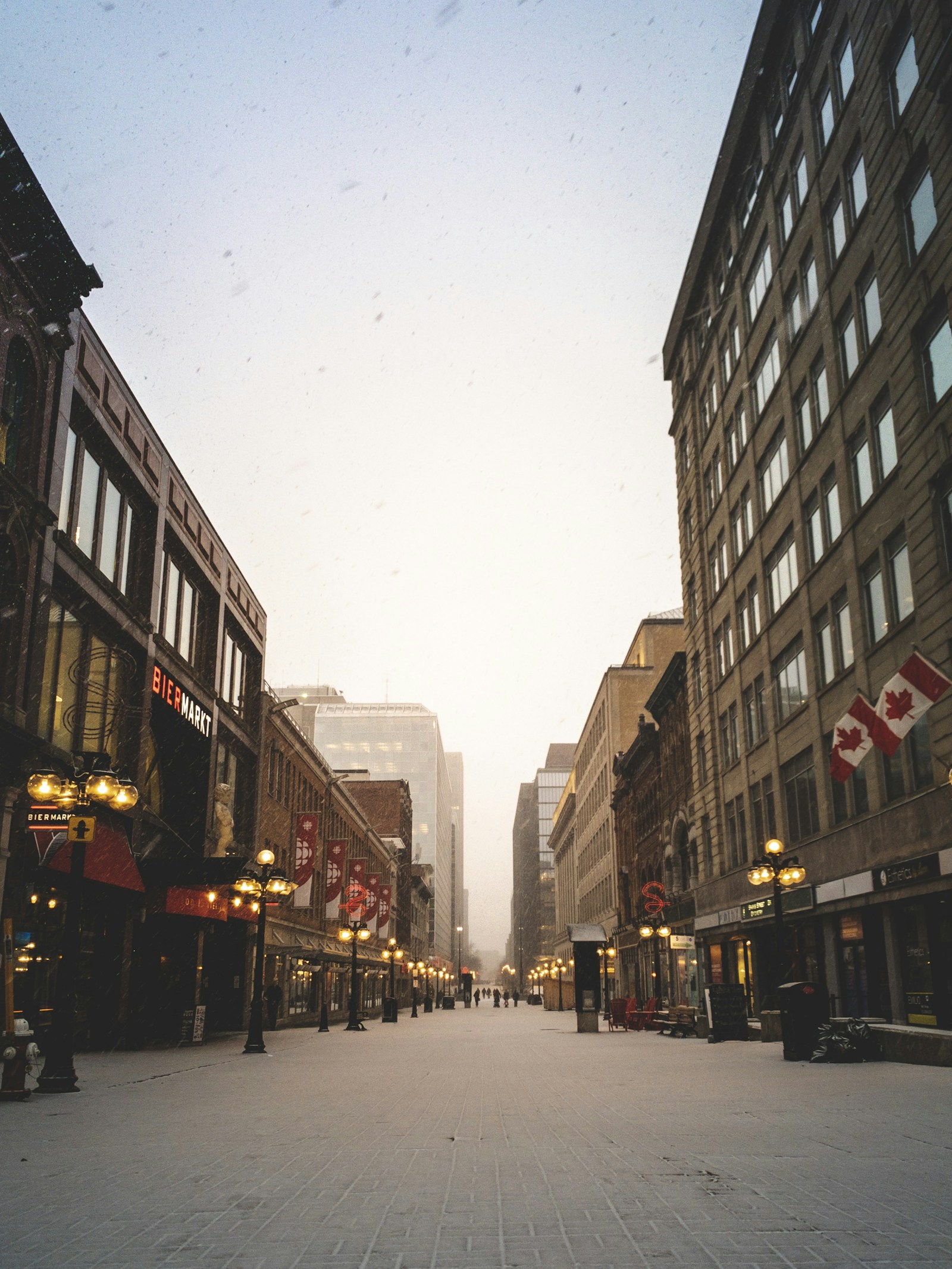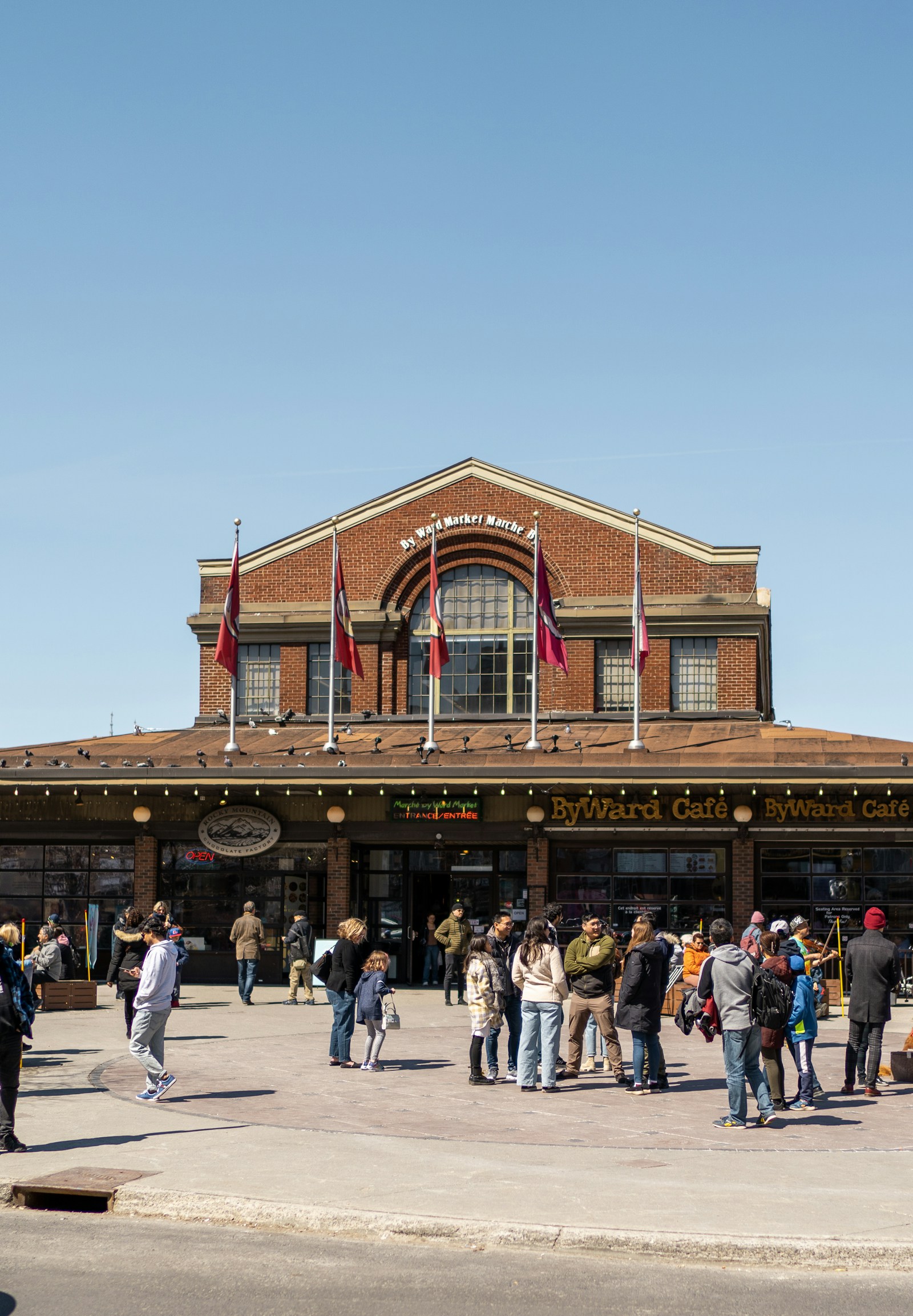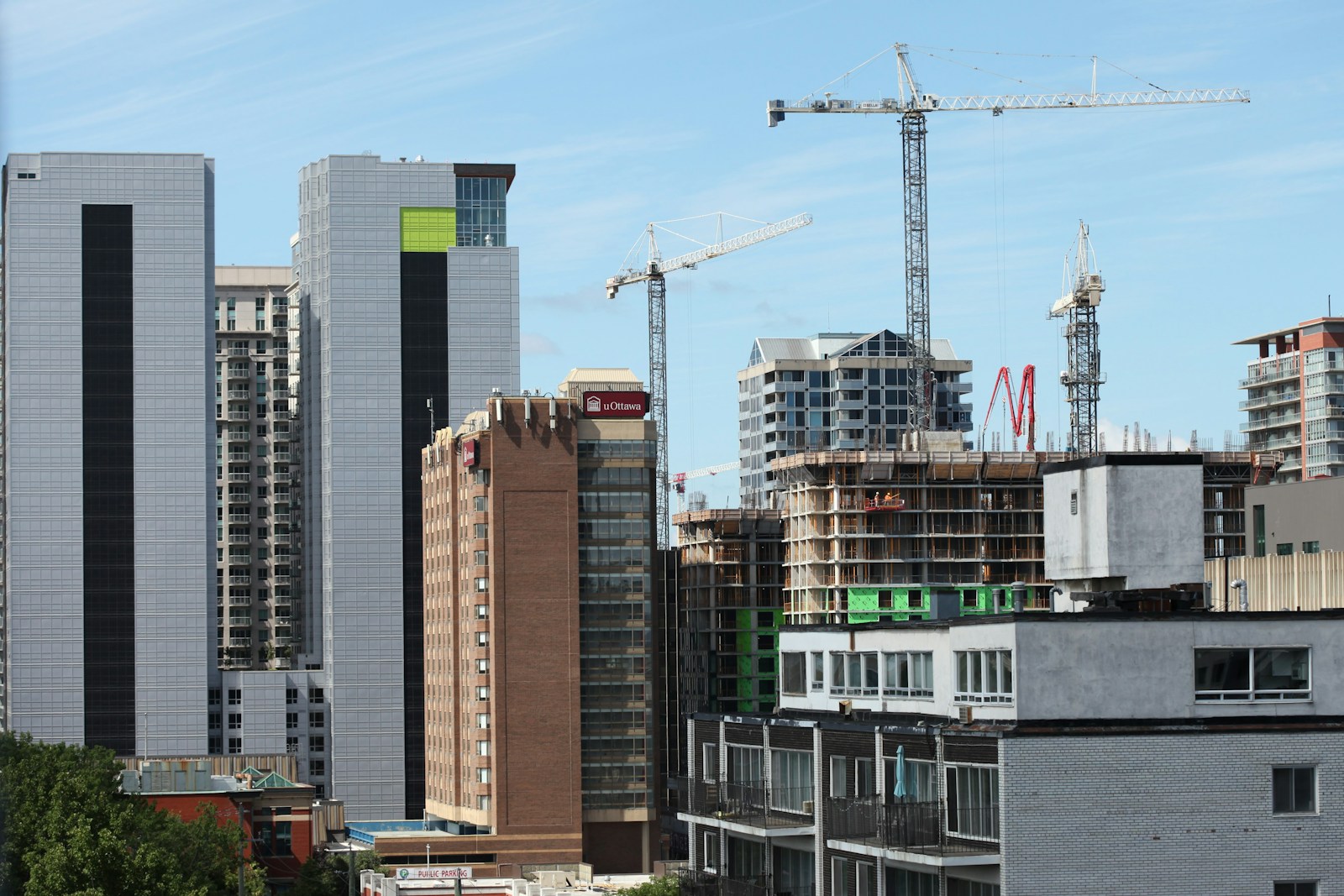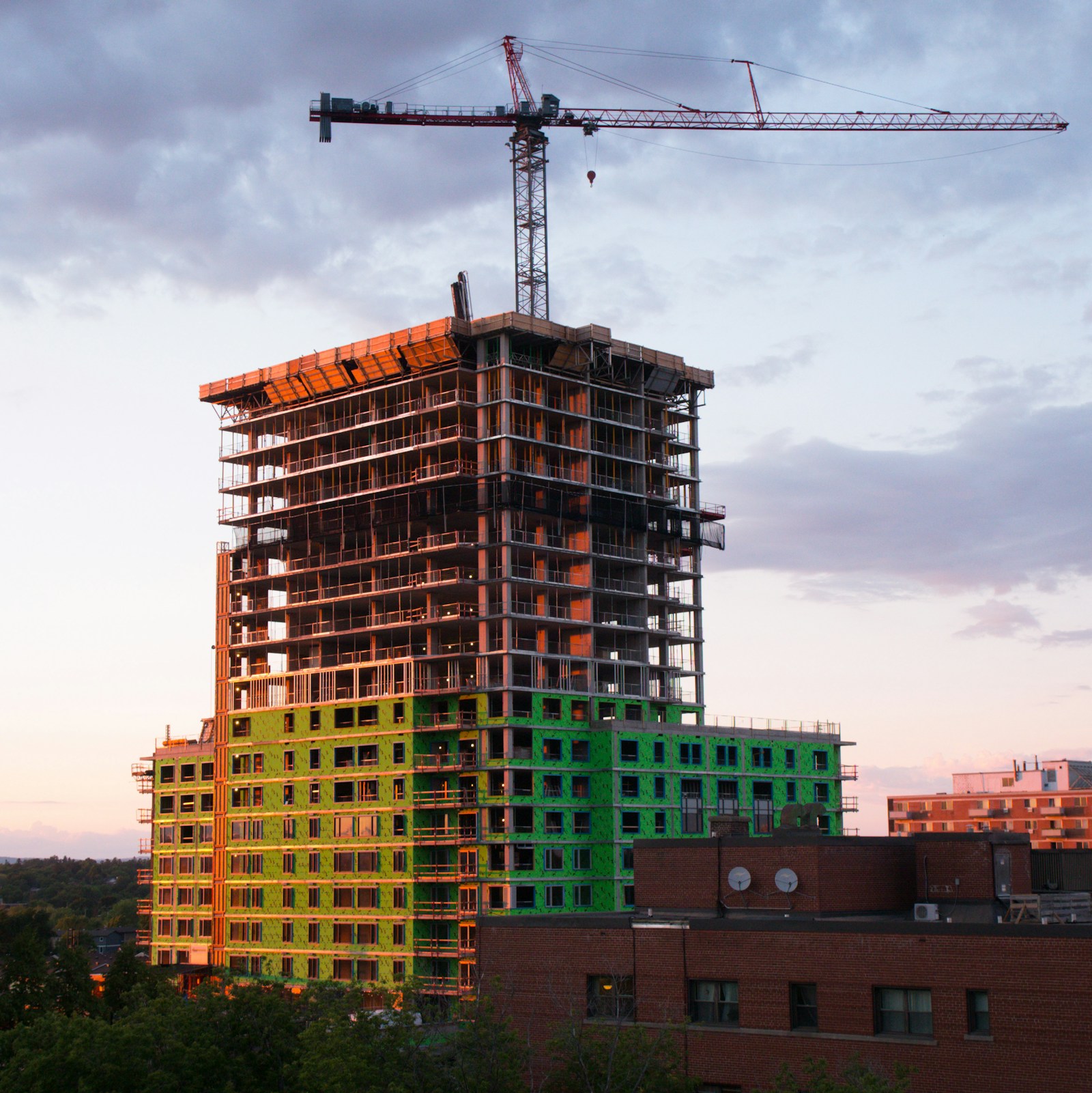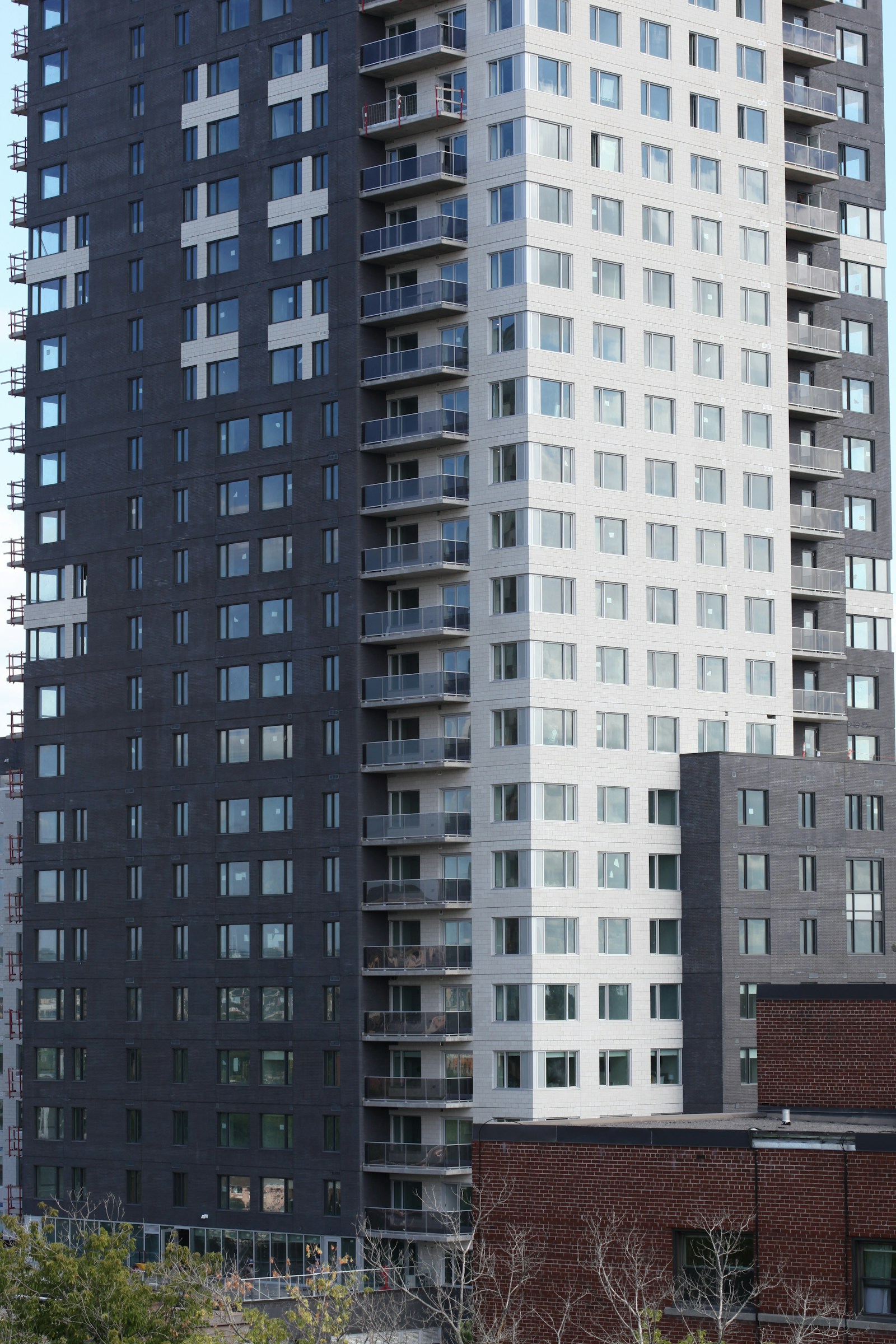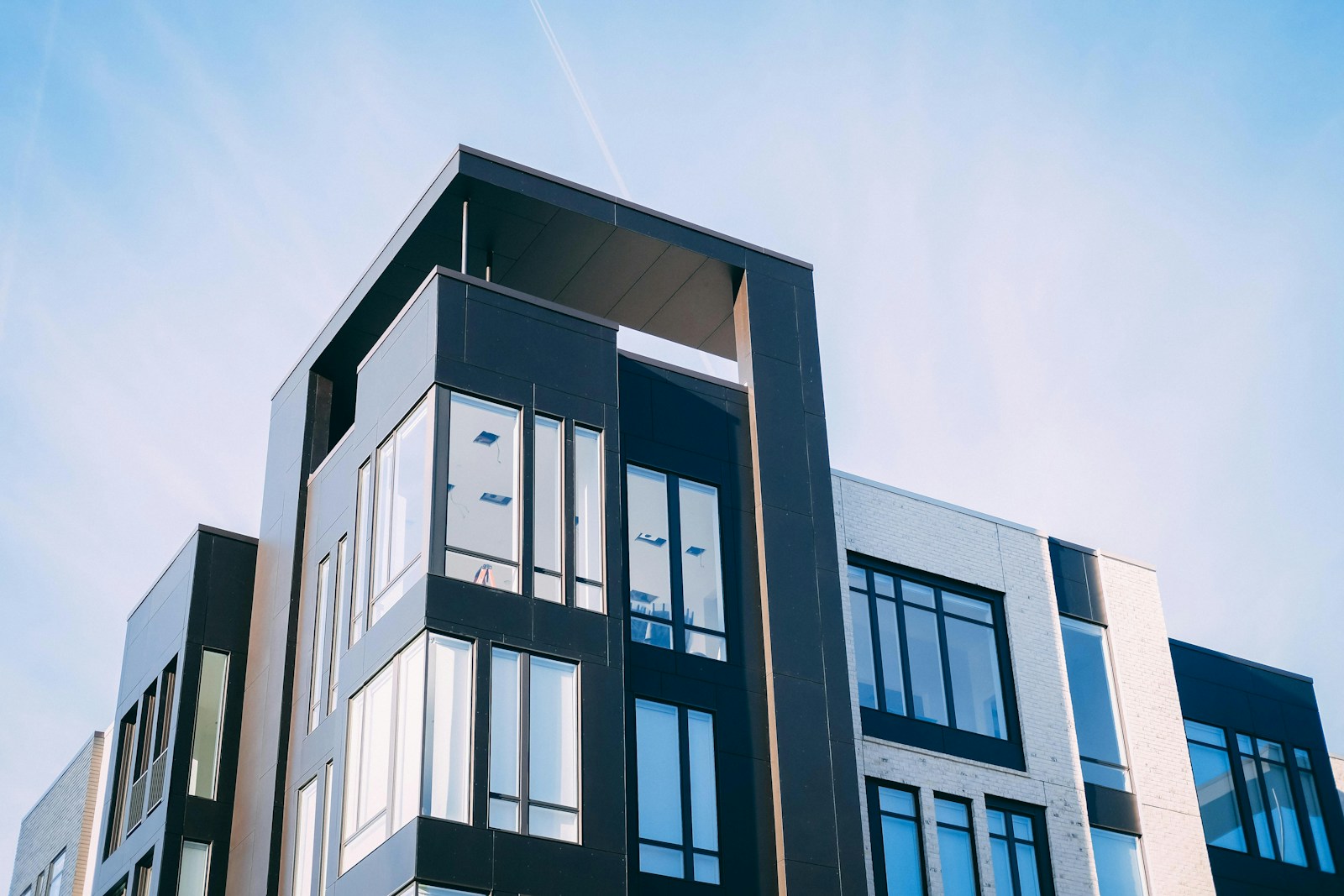Introduction to Condo Living in Ottawa
Why Ottawa is a Top Market for Condos
Ottawa, the capital of Canada, isn’t just a government town—it’s a growing urban hub with an evolving skyline, especially in neighborhoods like Centretown, Westboro, and The Glebe. The city offers a unique mix of affordability, quality of life, and economic stability, making it a prime destination for condo buyers in 2025.
Who This Guide is For
Whether you're a first-time homebuyer, downsizer, investor, or relocating professional, this comprehensive guide will walk you through everything you need to know before buying a condo in Ottawa.
Pros and Cons of Buying a Condo
Benefits of Condo Ownership
Affordability: Often cheaper than single-family homes.
Low Maintenance: No lawns to mow or roofs to fix.
Amenities: Pools, gyms, party rooms, and security often included.
Location: Condos are often in the most walkable and vibrant parts of the city.
Potential Drawbacks to Consider
Condo Fees: Monthly fees can be high depending on amenities.
Less Control: You're subject to condo board rules.
Space Limitations: Condos are typically smaller than detached homes.
2025 Condo Market Trends in Ottawa
Pricing Predictions
In 2025, average condo prices in Ottawa hover around $450,000 for a one-bedroom unit, with luxury high-rises exceeding $700,000. The market remains competitive, but not overheated like Toronto or Vancouver.
Inventory and Demand
Low inventory and steady demand continue to drive prices. New builds are underway, but supply struggles to keep up with interest from professionals and downsizers.
Popular Neighborhoods
Centretown – Urban lifestyle, walkable to everything
Westboro – Trendy, close to parks and cafes
The Glebe – Historic charm and a strong community vibe
ByWard Market – Lively, cultural, and tourist-friendly
Understanding Different Types of Condos
Freehold vs Leasehold
Freehold condos mean you own the unit and share in the ownership of common areas.
Leasehold condos mean you lease the land and own only the building/unit.
High-rise, Low-rise, and Townhouse Condos
High-rise: Great amenities, often more expensive.
Low-rise: More affordable, fewer units per building.
Townhouse Condos: Look and feel like a house but still managed by a condo corporation.
Key Costs of Buying a Condo
Purchase Price and Down Payment
Down payments in Canada typically start at 5% for properties under $500,000. Budget accordingly.
Condo Fees
Condo fees in Ottawa range from $300 to $900/month depending on the building size and amenities. These cover maintenance, insurance, snow removal, and sometimes utilities.
Closing Costs & Land Transfer Tax
Budget an additional 1.5–4% of purchase price for legal fees, inspection, title insurance, and the Ontario Land Transfer Tax.
Choosing the Right Neighborhood
Downtown Ottawa
Ideal for professionals and students—minutes to Parliament, Rideau Centre, and the University of Ottawa.
Westboro
Trendy, bike-friendly, and filled with restaurants, boutiques, and access to the Ottawa River.
The Glebe
Offers historic homes, great schools, and family-friendly parks.
Centretown
Perfect for first-time buyers who want walkability and nightlife at their doorstep.
Condo Amenities and What They Mean for You
Popular Amenities in Ottawa Condos
Many new and existing condo developments in Ottawa come equipped with amenities that add both convenience and lifestyle value. Common features include:
Fitness Centres and Pools
Party and Meeting Rooms
Guest Suites for Visitors
Concierge and 24-Hour Security
Rooftop Terraces or BBQ Areas
Some upscale condos even offer co-working spaces, pet washing stations, and yoga studios. These features not only enhance your day-to-day life but also increase the resale value of your unit.
Impact on Monthly Fees
The more amenities a building has, the higher your monthly condo fees will be. It’s important to weigh your lifestyle needs—do you really need a pool if you rarely swim? Keep in mind, unused amenities still cost money in your monthly dues.
Legal and Financial Considerations
Status Certificate Review
Before purchasing a condo in Ottawa, always request a status certificate. This document reveals:
The financial health of the condo corporation
Any special assessments coming up
Rules and bylaws
Reserve fund status
A real estate lawyer will review this certificate to ensure there are no red flags.
Working with a Real Estate Lawyer
Your lawyer ensures a smooth transaction by:
Reviewing the agreement of purchase and sale
Examining the status certificate
Registering your mortgage
Handling closing documents and title insurance
Financing Your Purchase
You’ll need to be pre-approved for a mortgage. Most Ottawa buyers opt for 5-year fixed-rate mortgages, and condo mortgages are available from all major lenders. Note that your condo fees will be factored into your debt-to-income ratio when applying for a loan.
Condo Rules and Bylaws
Pet Policies
Not all condos are pet-friendly. Some have strict rules about pet size, type, or number. Always ask before you buy if you plan to move in with a furry friend.
Short-Term Rentals
Airbnb and short-term rentals are restricted in many buildings and even regulated by the City of Ottawa. Make sure your intentions for the unit comply with both city bylaws and building rules.
Renovation Restrictions
Unlike a detached home, you can’t just renovate freely in a condo. Many upgrades require board approval, especially if they impact plumbing, wiring, or common areas.
How to Work With a Realtor in Ottawa
Finding a Realtor Specializing in Condos
Choose a licensed Ottawa realtor who specializes in condominiums. They’ll understand unique building rules, know the best-managed properties, and have access to exclusive listings.
Questions to Ask
How long have you worked in the Ottawa condo market?
Which buildings do you recommend for my budget and lifestyle?
What should I know about this condo board?
Can I see the last 12 months of condo fee history?
The Buying Process Step-by-Step
1. Get Pre-Approved
Meet with a mortgage specialist to determine how much you can afford, and get pre-approval to strengthen your offer.
2. View Listings
Your realtor will take you to showings, provide insights on building condition, and highlight red flags or perks.
3. Make an Offer
Once you’ve found your condo, you’ll sign an offer with your realtor. Offers often include conditions like financing and review of the status certificate.
4. Closing the Deal
Once your conditions are met and your financing is secured, your lawyer handles closing. You’ll pay your remaining down payment and take possession on the agreed date.
Inspections and Property Condition
When Condo Inspections are Necessary
While some buyers skip inspections in newer units, it’s wise to get a home inspection—especially in older buildings or for units with unique features.
What Inspectors Look For
HVAC systems
Electrical and plumbing integrity
Water damage or leaks
Windows, doors, and insulation quality
Resale vs Pre-Construction Condos
Pros and Cons of Each
Deposit Structures and Timelines
Pre-construction units usually require 15-20% in deposits, spread over several months or years. Always verify builder reputation and completion timelines.
Living in a Condo: What to Expect
Community Living
Condo living means sharing common spaces, voting on decisions at meetings, and possibly joining a condo board.
Maintenance Responsibilities
Owners are responsible for the interior of their unit. The condo corporation handles common elements like hallways, exterior, landscaping, and more.
Investment Potential of Ottawa Condos
Rental Market Demand
Ottawa’s stable government employment base, student population, and growing tech scene make it an excellent rental market. Vacancy rates remain low, especially near universities and transit lines.
Long-Term Value Growth
With steady population growth and infrastructure development like LRT expansion, Ottawa condos continue to appreciate in value. Well-maintained buildings in desirable locations often outperform the broader housing market.
Frequently Asked Questions
Q1: Are condo fees negotiable?
No, they are set by the condo board and apply to all owners equally based on unit size.
Q2: Can you rent out your condo in Ottawa?
Usually yes, but some buildings have restrictions or limits on rentals—always check the bylaws.
Q3: Is buying a condo good for first-time buyers?
Yes! Condos offer affordability, low maintenance, and urban convenience—great for first-timers.
Q4: How do I know if a condo is well-managed?
Review the status certificate, check reserve fund contributions, and ask residents about maintenance and communication.
Q5: What is included in most condo fees?
Typically: building insurance, maintenance, amenities, and sometimes water or heat. Electricity and internet are usually separate.
Q6: Can foreign buyers purchase Ottawa condos?
As of 2025, restrictions apply to foreign ownership in some cases. Check with a lawyer or REALTOR® for the latest regulations.
Conclusion – Is Buying a Condo in Ottawa Right for You?
Condo ownership in Ottawa offers a balanced mix of urban living, smart investment, and lifestyle perks. Whether you're a first-time buyer, downsizer, or investor, 2025 is shaping up to be a great year to enter the condo market in Canada’s capital. Armed with the right knowledge, a great realtor, and clear goals, your path to condo ownership can be smooth, rewarding, and financially sound.

